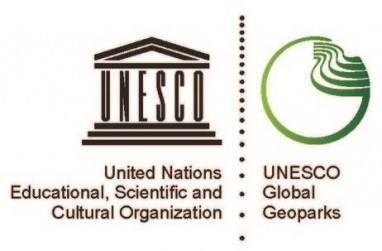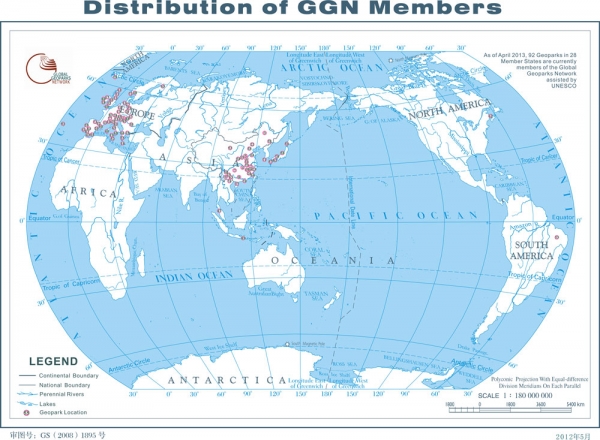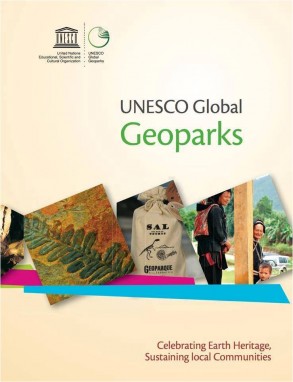Global Geoparks Network (GGN)

Global Geopark status is a UNESCO designation earned by unique regions worldwide. The status is awarded to special regions with outstanding geology and local culture – regions that support sustainable development, research, education and cultural heritage by working closely with local communities and agencies.
UNESCO and the Global Geoparks Network (GGN) develop common-sense quality standards and provide a useful structure for cooperation and exchange between Geoparks around the world. This is especially useful for regions that combine the preservation of their natural landscape into effective ways of achieving strong local economic development, usually through nature-friendly tourism.
UNESCO Global Geoparks
UNESCO Global Geoparks tell the 4,600 million year story of Planet Earth and of the geological events that shaped it as well as the evolution of humanity itself. Not only do they show evidence of past climate changes, they also inform local communities of present day challenges and help them prepare for hazards such as earthquakes, tsunamis and volcanic eruptions.
UNESCO Global Geoparks strive to raise awareness of geodiversity and promote protection, education and tourism best practices. Together with World Heritage sites and Biosphere Reserves, UNESCO Global Geoparks form a complete range of sustainable development tools and make an invaluable contribution to the realisation of the 2030 Sustainable Development Goals by combining global and local perspectives.
This new branding formalizes a relationship with Geoparks first established in 2001. Since then, Geoparks through the Global Geoparks Network have grown to include 120 sites all over the world. They have become an increasingly important tool for UNESCO to engage Member States and their communities in the Earth Sciences and geological heritage.
During the 38th session of UNESCO’s General Conference, Member States also decided to endorse the statutes of a new international programme: the International Geoscience and Geoparks Programme (IGGP). This allows the Organisation to more closely reflect the societal challenges of Earth Science today and provides an international status to a former network of sites of geological significance
Professor Partick McKeever speaking about UNESCO Global Geoparks
According to UNESCO, for a Geopark to apply to be included in the GGN, it needs to:
- have a management plan designed to foster socio-economic development that is sustainable based on geotourism
- demonstrate methods for conserving and enhancing geological heritage and provide means for teaching geoscientific disciplines and broader environmental issues
- have joint proposals submitted by public authorities, local communities and private interests acting together, which demonstrate the best practices with respect to Earth heritage conservation and its integration into sustainable development strategies
For further information please visit Global Geoparks website

